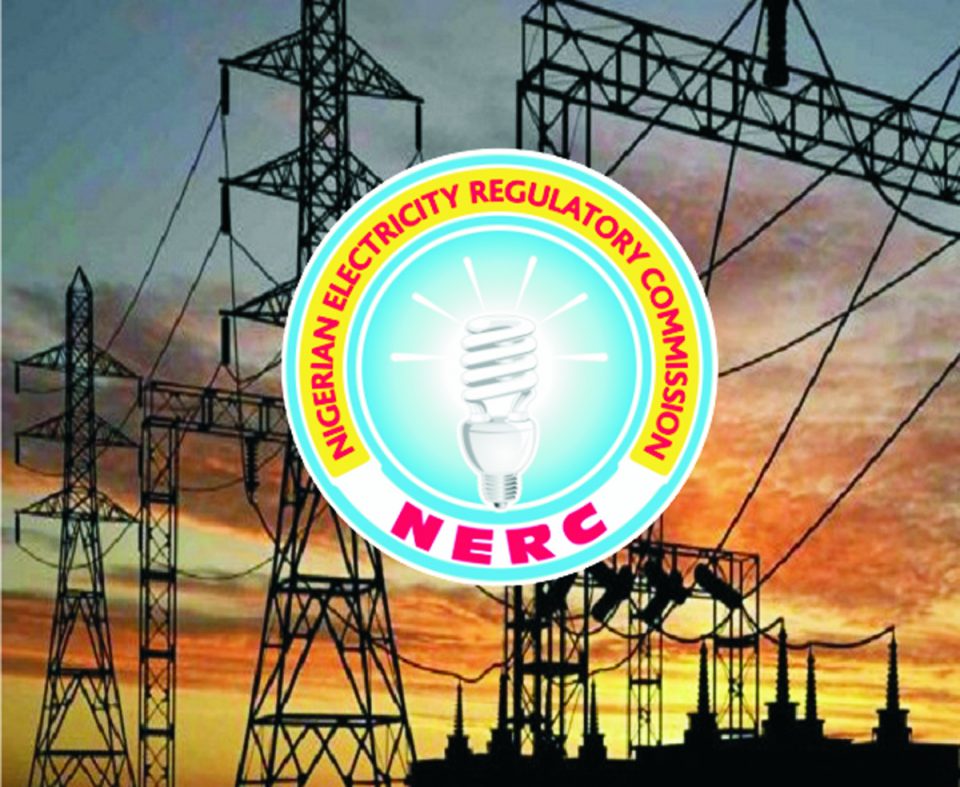The Nigerian Electricity Regulatory Commission (NERC) has said that 8.101 million Megawatts-hour (MWh) of electricity was generated in the fourth quarter (Q4) of 2019.
NERC made this known in its Fourth Quarter Report 2019 obtained on Saturday in Lagos from its website.
The regulatory agency said the total electricity generated during the fourth quarter of 2019 was 1.46 per cent higher than the energy generated during the preceding quarter.
The commission said: “Within the same quarter, the industry recorded a peak daily generation of 5,157MW.
“The available plant generation units on bar decreased to 63 from the daily average of 66 units recorded in the preceding quarter.
“However, in spite of the decrease in the available generation units in the fourth quarter, the total electric energy generated increased by 1.46 per cent with 5.44 percentage points increase in generation capacity utilisation. “
According to NERC, the improved capacity utilisation is attributed to reduction in constraints such as gas supply shortage, transmission and distribution networks and water management at the hydropower stations.
It also disclosed that there was one incidence of partial system collapse (failure of a section of the grid) during the fourth quarter of 2019, as compared to zero partial system collapse recorded during the third quarter.
The commission disclosed that the resolution of technical and operational constraints in Nigerian Electricity Supply Industry (NESI) remains one of its the top priorities.
NERC said it would continue to work on addressing the interface bottlenecks between the 11 electricity Distribution Companies (DisCos) and the Transmission Company of Nigeria (TCN).
It said the move intends to free up part of the stranded generation capacity by addressing the technical constraints inhibiting the flow of energy.
NERC said: “Also, the commission is currently reviewing the Performance Improvement Plans (PIPs) submitted by the DisCos.
“The PIPs, which were prepared following guidelines issued by the commission, cover the period 2020-2025.
“They have an overall objective of ensuring that utilities invest in projects critical to addressing the technical and operational challenges affecting their operational efficiency,” it said.




